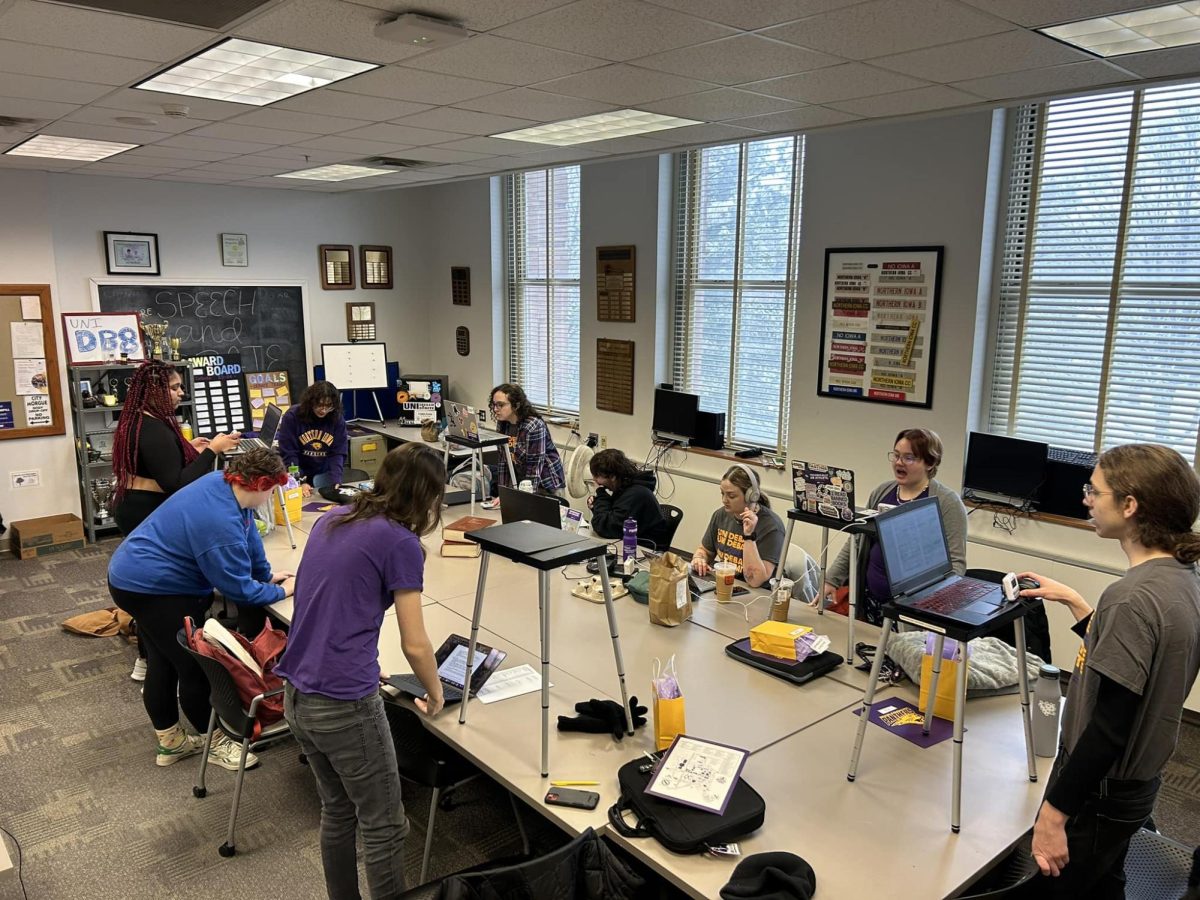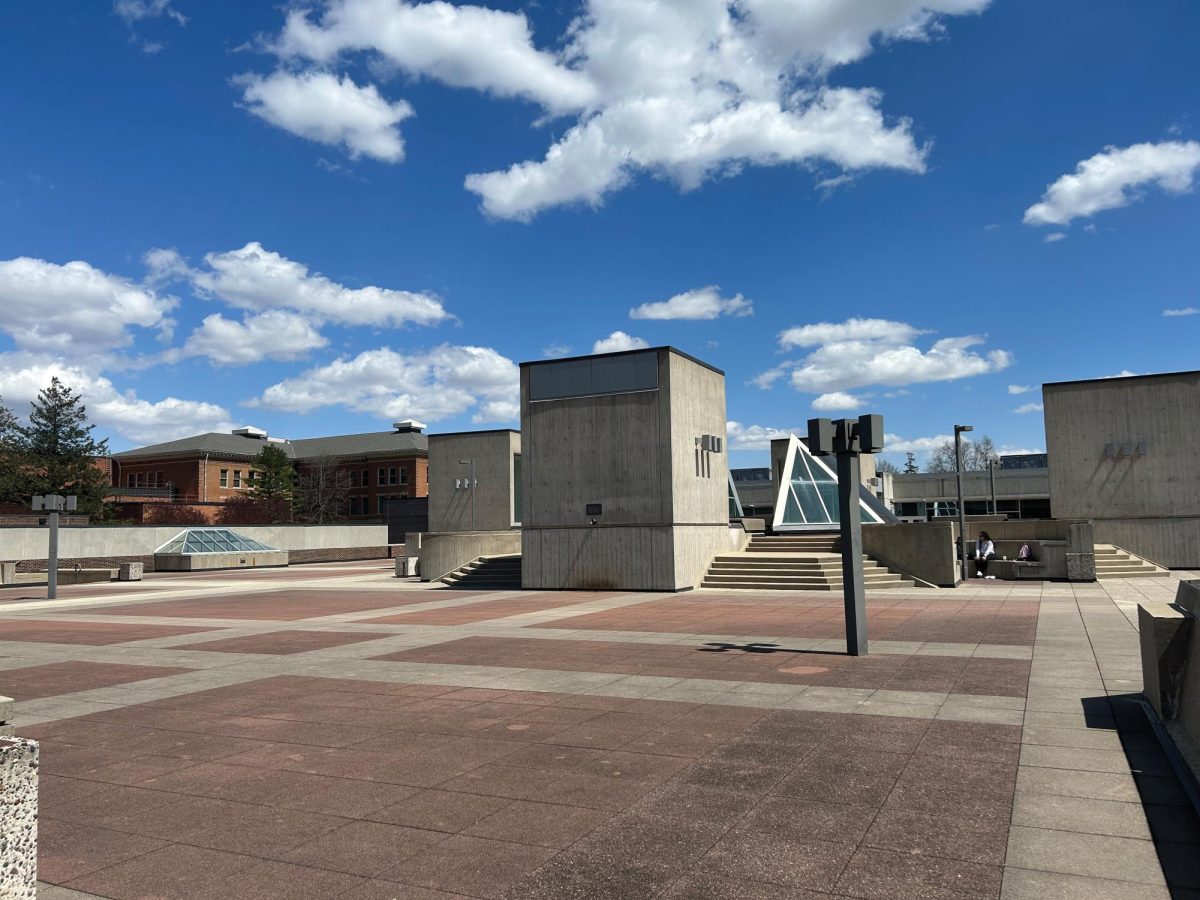Last week, the Northern Iowans own Jacinda Ruggles penned a damning report concerning Adderall. In it, Adderall and related drugs are painted as addictive, dangerous substances abused by lazy college students that will do anything for an A.
In addition to this, the article offers some alternatives for Adderall, including getting 7-8 hours of sleep, exercising and leading a more organized life. While on the surface, noting the rise in Adderall use may seem like a random phenomenon, in reality, the rise of Adderall abuse is a response to deep-seated problems plaguing Americas youth.
Its time we had a serious discussion about Adderall and what is behind its skyrocketing use and abuse.
Its true that prescriptions for Adderall among college students have almost tripled in the last six years, but that number is blurred considering the number of high school students already prescribed Adderall has been on the rise for years.
Something Ruggless article fails to mention is that Adderall is a widely accepted medication for several disorders and it vastly improves the quality of life for many Americans. Adderall is primarily prescribed for Attention Deficit Hyperactivity Disorder, and while ADHD occurs in adults, it is prescribed to high school students and young children by the millions.
Ill leave the debate regarding misdiagnosis and over-diagnosis to the medical community, but there is no question that the recent surge of Adderall abuse is fueled by an abundant supply.
In light of this, we must face the realities of Adderall abuse. Chances are, you or somebody you know has, or will, use Adderall without a prescription. Not only does this undermine the legitimate use of Adderall for people who need it, its illegal and dangerous.
As an amphetamine, the Drug Enforcement Administration classifies Adderall as a Schedule II substance with high potential for abuse that can lead to severe psychological or physical dependence. If you get caught buying or selling Adderall, youre in for some serious time.
Despite all of this, we see the reported rates of abuse increase every year. A heartbreaking report by the New York Times last February told the story of an extremely successful college student who committed suicide after being cut off from his Adderall prescription.
Let me be crystal clear: people who have disorders like ADHD do not react to Adderall like people without ADHD do. Clearly, what is driving this behavior is more than something that can be fixed with some more exercise or a regular sleep schedule. If we can address what is driving this behavior, we can reduce abuse. Lets be honest, telling college students something is illegal and dangerous will not deter their behavior.
A study done in 2007 by U.S. Health and Human Services found that nonmedical use of Adderall by college students is around 6.7 percent. What happened in 2008 was the beginning of a massive economic downturn, which created a bleak outlook for the next generation of college graduates. Millennials now find themselves embroiled in a sea of improbable career and personal pressures from family and society. They are a generation who witness people do things just for the r?sum?.
The New York Times interviewed high school students who abused Adderall, many of who were top students. They cited pressure from parents and teachers as reasons for taking it, as well as being able to fool doctors to receive a prescription. At the root of Adderall abuse is a toxic mix: the pressure to succeed combined with the pursuit of the quick-fix embodied in a magic pill.
We live in an era of instant gratification, and Adderall is a tempting crutch to rely on the night before an exam. For the overworked and/or highly involved college student, it is easy to be tempted. Add to the mix that its cheap and you know somebody who knows somebody who has it, and lets not be surprised to see record rates of abuse.
To address the abuse of Adderall, we must also address the very notion of a magic pill that will solve all your problems. This abusive behavior developed partly in response to the current academic environment. I can assure you the pressure is at its highest right now, right around finals week. What better method to ace a three-hour final than by popping a pill that lasts for six? We need to get our priorities straight regarding the aim of a public and university education.
While there is much to be said about the legitimate use of Adderall, the DEA is correct in classifying it as a substance with a high potential for abuse. If we actually want to address the rising abuse of Adderall, we need to address the underlying causes that make abuse such an attractive option.






